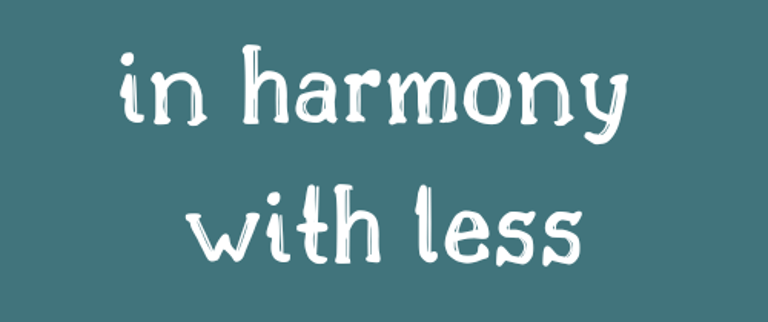Your Inner Child and Your Junk Drawer: A Surprising Link
Discover how childhood memories and emotional attachment show up in everyday clutter and how to declutter with compassion.
8/5/20251 min read


There’s a drawer in your house that holds… what, exactly?
A broken keychain....Five twist ties...A faded birthday card...The manual for an appliance you no longer own.
You keep saying you’ll clean it out, but when you open it, you hesitate.
You’re not just staring at clutter, you’re staring at a micro-museum of memory.
The Junk Drawer Is Emotional Real Estate
That drawer? It’s often where your inner child tucks things away “just in case.”
That old pen? It might remind you of feeling prepared at school.
The cracked magnet? Maybe it came from someone who made you feel seen.
The chaos? It felt like home, in its own strange way.
You’re not just keeping junk, you’re keeping tiny proxies for comfort, nostalgia, and security.
Why This Matters: The Psychology of Clutter
Psychologists suggest our early attachment styles and family dynamics shape how we interact with “stuff”:
If love felt unpredictable, you might now hoard small “proofs” of meaning.
If your boundaries weren’t respected, you might have trouble letting go.
If you lacked control as a child, clutter might feel oddly empowering.
The junk drawer becomes a sandbox of self-protection.
So… Do You Just Toss It All?
Not quite, before you declutter, pause and ask:
“What part of me is this object protecting?”
“Would letting it go feel like losing a person, a place, or a version of myself?”
“Can I say thank you and release it without shame?”
Then, create a ‘Curious Box’: let your inner child decide what feels too tender to part with today. It’s not a delay, it’s a dialogue.
From Drawer to Doorway
Decluttering the junk drawer like this is about witnessing the smallest places we’ve stored big feelings.
And when your inner child feels safe, letting go becomes lighter.
Connect
Join our community of mindful parents and receive exclusive tips, guides, and resources on minimalism and sustainable living. Subscribe Now.
info@inharmonywithless.com
© 2026. All rights reserved.
